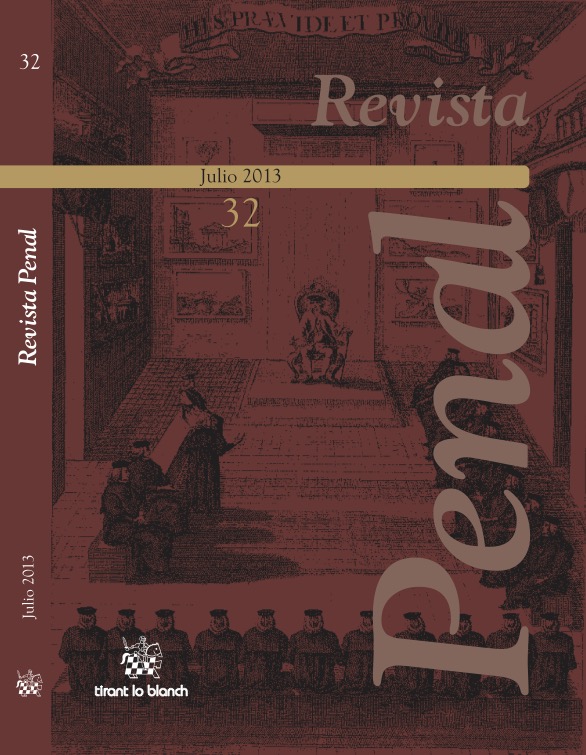La imprescriptibilidad de las violaciones contra los derechos humanos cometidas en Uruguay (1973-1985)
DOI:
https://doi.org/10.36151/Keywords:
Crimes against Humanity, Transitional Justice, Human Rights, Criminal Law, Statute of limitationAbstract
The criminal prosecution is one of the fundamental problems to be addressed in transitional justice processes. In these processes, criminal prosecution is considered either when the rule of law is restored or when armed confrontation is over. This article refers to the statute of limitation of criminal offense and crimes committed by the members of the civic-military dictatorship in Uruguay between 1973 and 1985. The full validity of the material and formal norms of the Rule of Law is an obstacle for investigating and punishing crimes committed many years ago. The solution of this problem sometimes does not come from the popular will but rather from the national or international law. This situation may vary when dealing with continuous criminal offenses such as the enforced disappearance of persons. In any case the juridical solution depends on the judicial ruling that decides on the moment of the commission of the crime (to admit a beginning of the fulfilling previously to the criminal prohibition were in force in the juridical national system). When such problems arise, they lead to a division not only between the members of the juridical and political system but also between the members of the society. This article calls for reflection on the thesis that promotes the prohibition of Summary, Arbitrary, extrajudicial executions, and enforced disappearances of persons, which is estalished by the Inter- American Convention of Human Rights. In accordance to this judicial body, these crimes never prescribe



